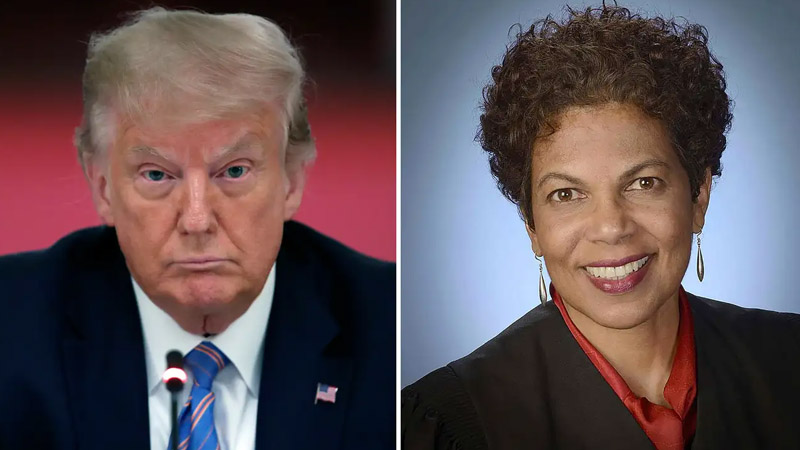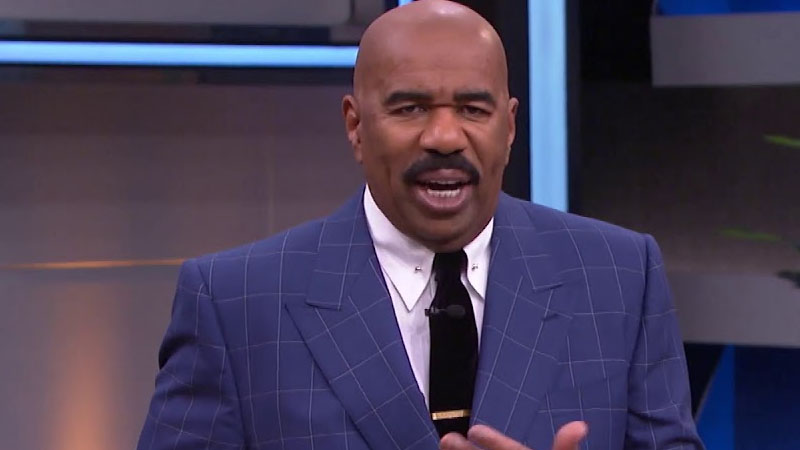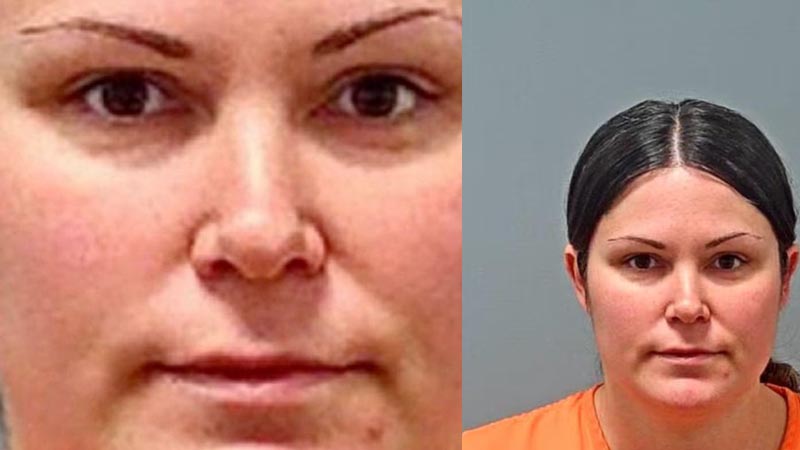Exploring Judicial Options with Judge Chutkan to Keep the Public Informed in Trump’s Election Subversion Case

Photo: Associated Press (AP)
Donald Trump appears to have successfully postponed his federal election subversion case, potentially averting a trial before the upcoming elections. However, despite this delay, there remains a potential course of action that could allow the American public to still learn about the evidence against him.
This alternate route is being highlighted by legal experts and analysts, who suggest that the proceedings could still have a significant public impact. The case involves allegations of election subversion during Trump’s presidency. As the legal proceedings unfold, the public and media are keenly observing the potential implications for Trump and the broader political landscape.
Joyce Vance, a former federal prosecutor and current MSNBC legal analyst, has been closely following the developments. In a recent article on her Substack, published on a Thursday, Vance outlined the situation following Trump’s Supreme Court hearing regarding his claim to presidential immunity.
“We don’t know for certain where Chief Justice Roberts is and how he will vote,” the ex-prosecutor wrote after trying to read the SCOTUS tea leaves. “But if this comes to a decision that some conduct does get immunity and the trial judge must make those rulings, there is one possible silver lining. Judge Chutkan could hold an evidentiary hearing on remand to facilitate her decision.” “That would mean briefs and even live testimony where the government would get to lay out all of its evidence against Trump. It’s not a full trial followed by a jury verdict. But if this case isn’t going to trial, it would be one way of getting more information about Donald Trump’s conduct out for public consumption,” she said. “The House January 6 committee hearings gripped the nation. The Special Counsel, with access to the powers of an investigative grand jury and the possibility of more cooperating witnesses, especially from other charged cases, would have an even larger story to tell.”
In her detailed analysis, Vance points out an intriguing possibility that Judge Tanya Chutkan could explore, despite the indefinite delays in the trial schedule. This option, which Vance refers to as a “silver lining,” could allow Special Counsel Jack Smith to present the critical evidence gathered against Trump to the public, ensuring transparency and maintaining public interest in the case’s proceedings.
The concept of a “silver lining” strategy gained further attention when another former federal prosecutor, Andrew Weissmann, discussed it during a live appearance on MSNBC later that same Thursday evening. Weissmann, known for his legal insights, elaborated on how this approach could potentially circumvent the delays and continue to engage the public in the judicial process.
This approach suggests that while the trial itself may be delayed, the process of information dissemination and public accountability need not be stalled. By potentially holding preliminary hearings or other judicial proceedings that do not require the former president’s presence, Judge Chutkan could effectively keep the public informed and involved in the developments of this high-profile case.
As the legal battles continue, the strategies discussed by Vance and Weissmann offer a glimpse into the complex interplay between legal tactics and public information in high-stakes political cases. The ongoing discourse around Trump’s legal challenges not only underscores the significance of the judiciary in maintaining democratic norms but also highlights the innovative approaches that legal experts are considering to uphold transparency and justice in politically sensitive cases. The possibility of implementing such a strategy would depend on the legal frameworks and the discretion of the judiciary, which remains keenly watched by observers and participants alike.


